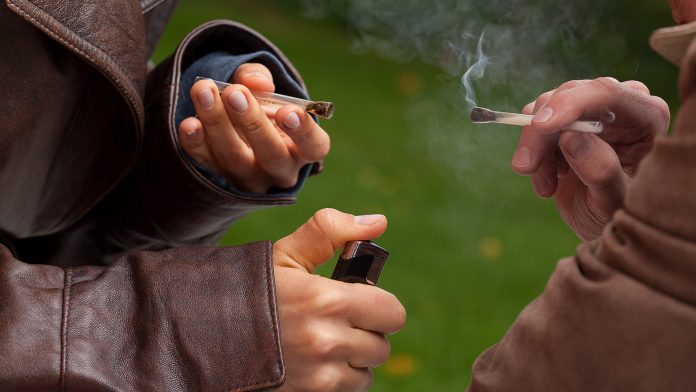
According to researchers, strengthening the legislation regarding the smoking ban in Brazil between 2000 and 2016 averted over 15,000 child deaths for those under one years old.
The new research published today on World Health Organisation’s World No Tobacco Day, in the journal Tobacco Control, shows that child deaths have fallen in Brazil following a complete smoking ban in public places.
Exposure to smoke and child deaths
The new research conducted by Imperial College London, the Brazilian National Cancer Institute (INCA), and Erasmus Medical Centre in the Netherlands, is the first to analyse the impact of different types of smoking bans on child health in a middle-income country. Its authors argue that governments elsewhere should act to strengthen smoke-free legislation, to help protect children’s’ lives.
Children are particularly harmed from exposure to smoke. In the womb, it affects foetal development and can increase the risk of pre-term birth or low birth weight. Infants and children exposed to second-hand smoke have a higher risk of respiratory infections, asthma, and sudden infant death.
Dr Andre Szklo from the Brazilian National Cancer Institute, said: “Children have the right to be protected against the harms caused by smoking. We call on governments around the world to introduce comprehensive smoke-free laws to protect child health.”
Implementing the smoking ban
In 2014, Brazil implemented comprehensive smoke-free legislation across the country, banning smoking in all public areas that were partly or completely enclosed, including bars and restaurants.
The study found this was associated with a 5.2% reduction in infant mortality and a 3.4% reduction in neonatal mortality, after taking into account underlying trends and other factors which could affect child health.
The researchers also found complete bans were more effective than partial ones in reducing infant deaths. Prior to 2014, 17 states in Brazil introduced partial bans – for example allowing smoking rooms and smoking in partially enclosed restaurants and bars – and nine adopted complete bans, covering all partly or completely enclosed public areas.
Partial legislation was associated with a 3.3% reduction in infant mortality, but no significant change in neonatal mortality.
Scientists believe that smoking bans reduce infant deaths by reducing the incidence of health problems directly linked to smoke exposure or smoking during pregnancy, such as sudden infant death syndrome and respiratory infections.
Dr Thomas Hone, the lead author on the study from the School of Public Health at Imperial College London, said: “You can see from Brazil’s example how much of a difference we can make to children’s health by completely banning smoking in public places. Unfortunately, most of the world’s people still aren’t covered by comprehensive smoking bans. It’s appalling that so many babies and children are being harmed by second-hand smoke when a relatively easy measure could help to prevent this.”
To reach their conclusions, the researchers looked at data on all live births, infant deaths and neonatal deaths in Brazil between 2000 and 2016.






















